News
GEOGRAPHIA POLONICA expresses solidarity with Ukraine!
Read more … GEOGRAPHIA POLONICA expresses solidarity with Ukraine!
Spatial conditioning and consequences of the SARS-CoV-2 coronavirus pandemic
Read more … Spatial conditioning and consequences of the SARS-CoV-2 coronavirus pandemic
APA style formatting for citations and references
Read more … APA style formatting for citations and references
CALL FOR PAPERS: Ruining/demolishing and regeneration of urban space
Read more … CALL FOR PAPERS: Ruining/demolishing and regeneration of urban space
Geographia Polonica appreciated by the Ministry of Science and Higher Education
Read more … Geographia Polonica appreciated by the Ministry of Science and Higher Education
CALL FOR PAPERS: Tourism and Transition in a Time of Change
Read more … CALL FOR PAPERS: Tourism and Transition in a Time of Change

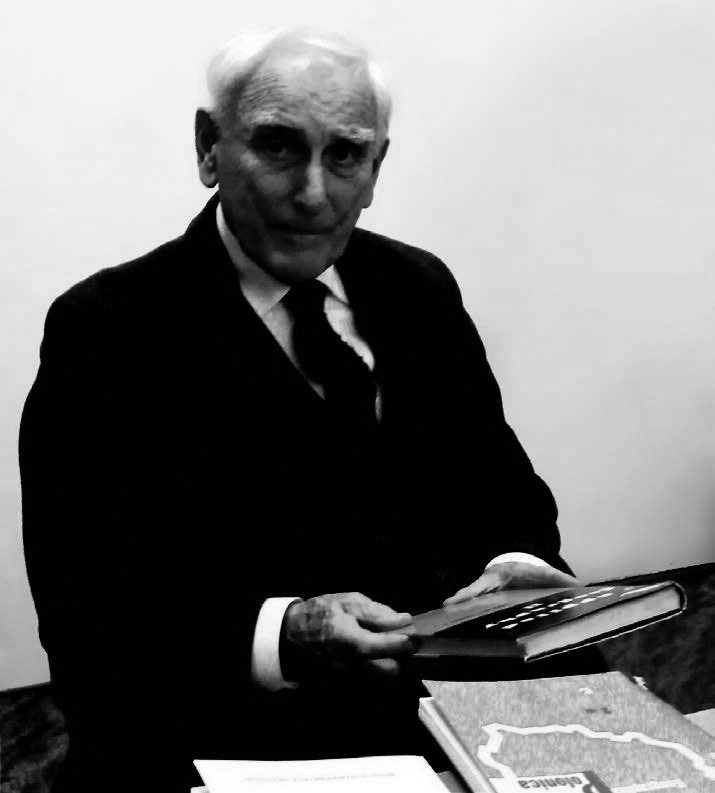
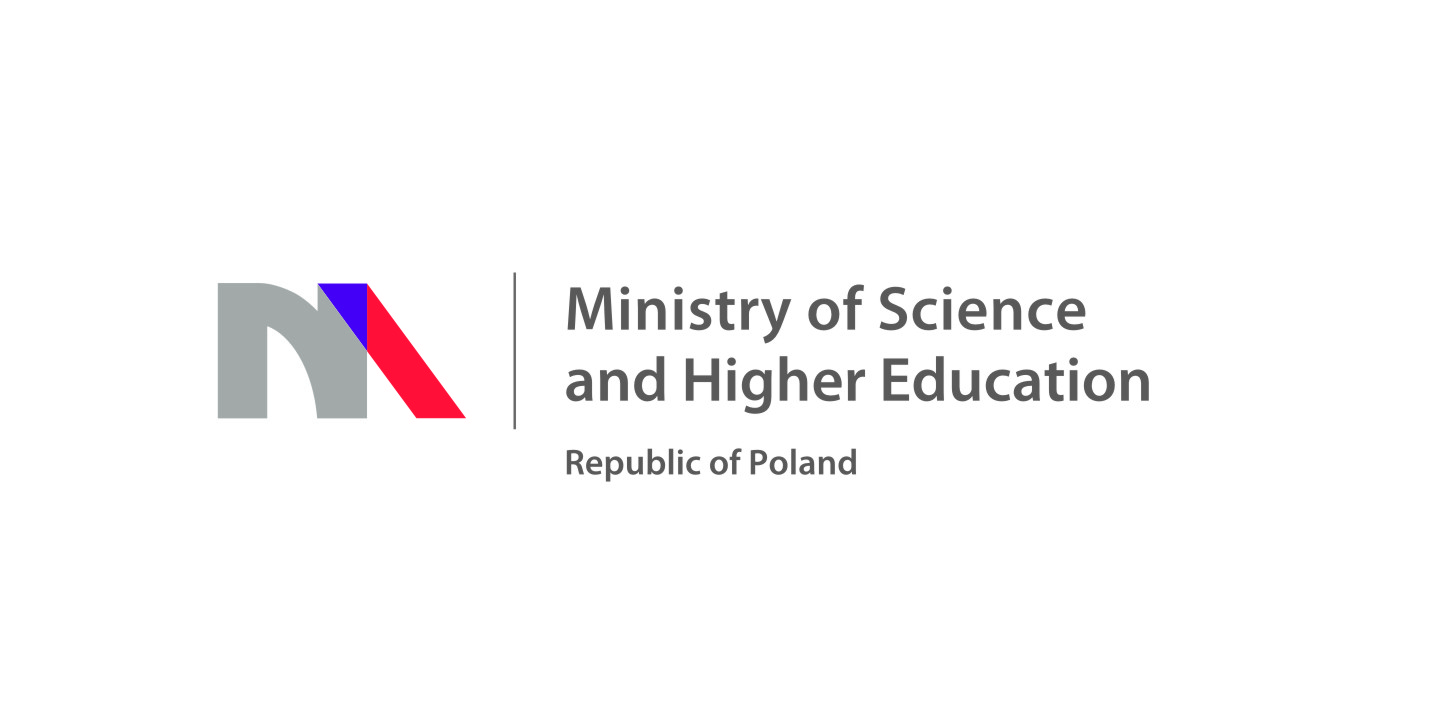 On 23 December, the Ministry of Science and Higher Education announced a new list of scientific journals, along with the number of points awarded for articles in these journals. With pleasure and great satisfaction we announce that Geographia Polonica has received the highest score, which is 15 points. It is the highest possible score for a Polish journal outside of the Philadelphia List, but also the absolute highest possible score for a general geographical periodical. It is worth noting that our magazine has the highest metrics of Polish general geographical periodicals in Scopus database (SJR and IPP).We hope that this is another step to strengthen position of Geographia Polonica also on the international area.
On 23 December, the Ministry of Science and Higher Education announced a new list of scientific journals, along with the number of points awarded for articles in these journals. With pleasure and great satisfaction we announce that Geographia Polonica has received the highest score, which is 15 points. It is the highest possible score for a Polish journal outside of the Philadelphia List, but also the absolute highest possible score for a general geographical periodical. It is worth noting that our magazine has the highest metrics of Polish general geographical periodicals in Scopus database (SJR and IPP).We hope that this is another step to strengthen position of Geographia Polonica also on the international area.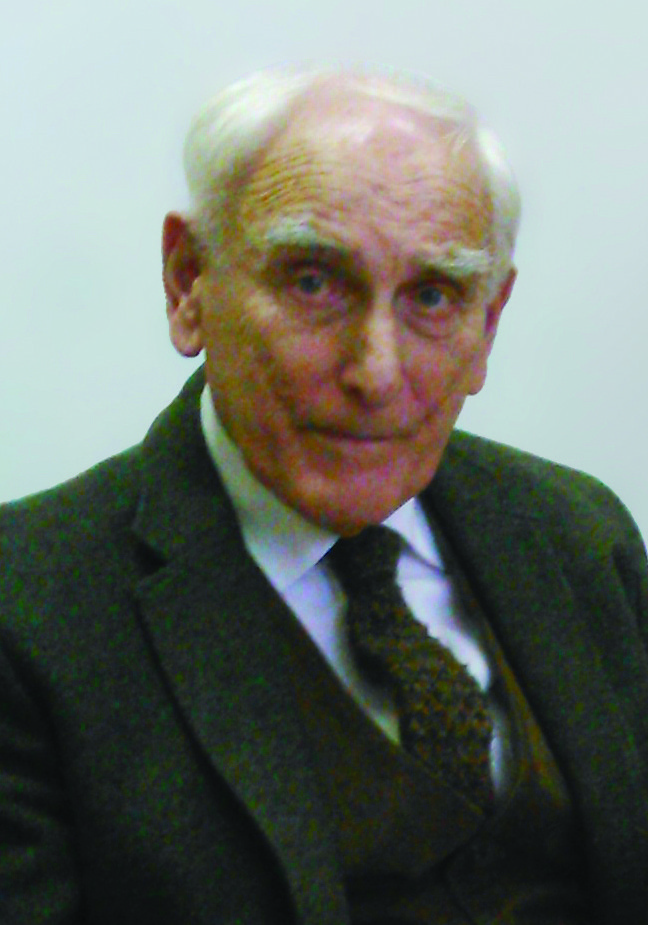 To mark the 50th anniversary of Geographia Polonica, we are publishing an interview with Professor Leszek Antoni Kosiński, who was a member of its first editorial team. The interview with Professor Kosiński became an opportunity to talk about the work and successes of Polish geographers on the international stage after the Second World War, and to consider the origins as well as ways of achieving those successes, which are still relevant today. This is a Polish version of the interview. English version is available
To mark the 50th anniversary of Geographia Polonica, we are publishing an interview with Professor Leszek Antoni Kosiński, who was a member of its first editorial team. The interview with Professor Kosiński became an opportunity to talk about the work and successes of Polish geographers on the international stage after the Second World War, and to consider the origins as well as ways of achieving those successes, which are still relevant today. This is a Polish version of the interview. English version is available 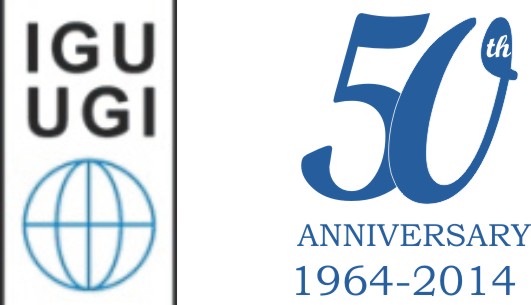 We have great pleasure in inviting you to read the contents of this special issue of Geographia Polonica as well as the upcoming one (vol. 87, issues 2 and 3 of 2014). The special issues have been prepared to coincide with Krakow’s hosting of the 2014 IGU Regional Conference. However, this year also marks a second important occasion for us - the 50th anniversary of the founding of Geographia Polonica. At the same time it is our hope that the two issues will represent that most important voice in geography since the changes in our editorial team at the beginning of 2012, with special attention being paid in many cases to Central and Eastern Europe (including Poland). Our idea in this case has been to compile and present a series of articles written by key persons of the IGU (i.e. Chairs of the IGU Commissions, and Vice-Presidents of the IGU). My vision was for the Commission Chairs to each prepare and publish an article – theoretical or empirical, or even an essay, concerning the stage that has currently been reached by his/her field of interest (Commission subject/sub-discipline), some of the new trends therein, and future directions of research.
We have great pleasure in inviting you to read the contents of this special issue of Geographia Polonica as well as the upcoming one (vol. 87, issues 2 and 3 of 2014). The special issues have been prepared to coincide with Krakow’s hosting of the 2014 IGU Regional Conference. However, this year also marks a second important occasion for us - the 50th anniversary of the founding of Geographia Polonica. At the same time it is our hope that the two issues will represent that most important voice in geography since the changes in our editorial team at the beginning of 2012, with special attention being paid in many cases to Central and Eastern Europe (including Poland). Our idea in this case has been to compile and present a series of articles written by key persons of the IGU (i.e. Chairs of the IGU Commissions, and Vice-Presidents of the IGU). My vision was for the Commission Chairs to each prepare and publish an article – theoretical or empirical, or even an essay, concerning the stage that has currently been reached by his/her field of interest (Commission subject/sub-discipline), some of the new trends therein, and future directions of research.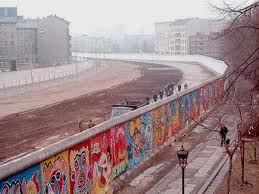 The political breakthrough in 1989 set in motion a range of processes that would fundamentally transform the organisation and functioning of spatial systems across Central Europe. More than two decades later, we want to take stock of this broad-ranging change in their social, economic and environmental dimensions. A volume entitled “Central and Eastern Europe a quarter of a century after the fall of the Iron Curtain. The outcome of change” is planned as a comprehensive analysis and evaluation of the phenomena, processes and patterns that emerged in the post-communist EU member states.
The political breakthrough in 1989 set in motion a range of processes that would fundamentally transform the organisation and functioning of spatial systems across Central Europe. More than two decades later, we want to take stock of this broad-ranging change in their social, economic and environmental dimensions. A volume entitled “Central and Eastern Europe a quarter of a century after the fall of the Iron Curtain. The outcome of change” is planned as a comprehensive analysis and evaluation of the phenomena, processes and patterns that emerged in the post-communist EU member states.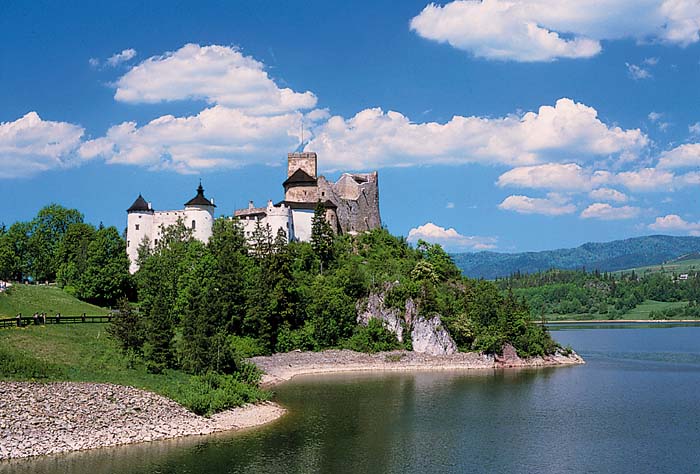 The IGU Commission on Tourism, Leisure and Global Change, in cooperation with the Polish Geographical Society, IGiPZ PAN and GEOGRAPHIA POLONICA is using the occasion of the IGU 2014 Regional Conference in Krakow to organize the conference (pre-conference meeting) entitled “Tourism and Transition in a Time of Change”. The conference will be held in Southern Poland (13-17 August 2014). The conference will start and end in Krakow. During the conference participants are transferred to the Pieniny Mts at the Polish-Slovak border.
The IGU Commission on Tourism, Leisure and Global Change, in cooperation with the Polish Geographical Society, IGiPZ PAN and GEOGRAPHIA POLONICA is using the occasion of the IGU 2014 Regional Conference in Krakow to organize the conference (pre-conference meeting) entitled “Tourism and Transition in a Time of Change”. The conference will be held in Southern Poland (13-17 August 2014). The conference will start and end in Krakow. During the conference participants are transferred to the Pieniny Mts at the Polish-Slovak border.